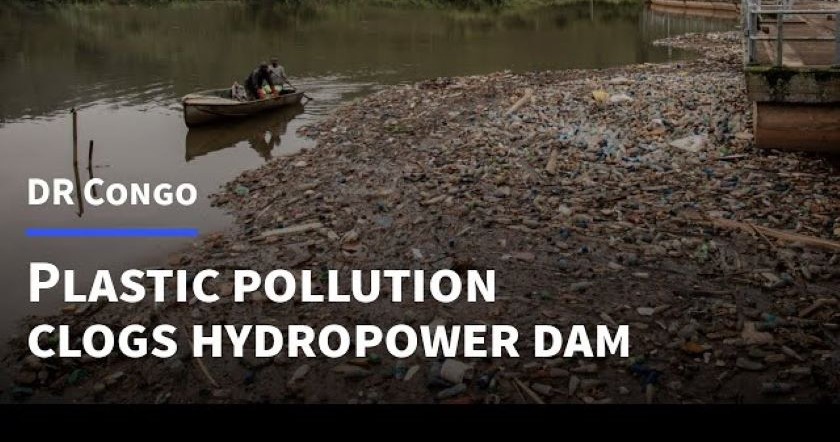(3 Minutes Read)
The plastic buildup not only threatens the stability of these stations but also raises concerns about broader power outages
What happens when plastic waste disrupts power supply. That is happening in some countries. For instance, it was recently reported that in the Democratic Republic of Congo, the unchecked disposal of plastic is becoming a critical issue for Bukavu’s hydroelectric power supply.
Compounded by incessant heavy rains, the power situation has worsened. The plastics and household wastes clog hydroelectric stations, disrupting electricity across Bukavu, Kamembe, and Bujumbura. The plastic buildup not only threatens the stability of these stations but also raises concerns about broader power outages.
Environmental groups and local officials are advocating for more stringent waste management practices, recognizing both infrastructure upgrades and community awareness to combat the growing waste crisis. Without intervention, the power disruptions will likely intensify, impacting industries and households dependent on stable electricity supplies.
Despite millions of dollars of donor funding, according to the World Bank, only 19 percent of the DRC’s 108 million people have access to electricity – about 41 percent in urban areas and 1 percent in rural areas. The government’s vision is to increase the service level to 32 percent by 2030.
Read Also:
https://trendsnafrica.com/drc-cancels-auction-of-27-oil-drilling-sites/
DRC has launched a program to develop the energy sector, exploiting the power of the numerous rivers in the Congo Basin. The country welcomes developers to supply power, build transmission lines, or sell the necessary equipment. There is also a tremendous need for off-grid electric solutions. Along with hydroelectric power, the DRC seeks to build and rehabilitate several geothermal stations across the country.





